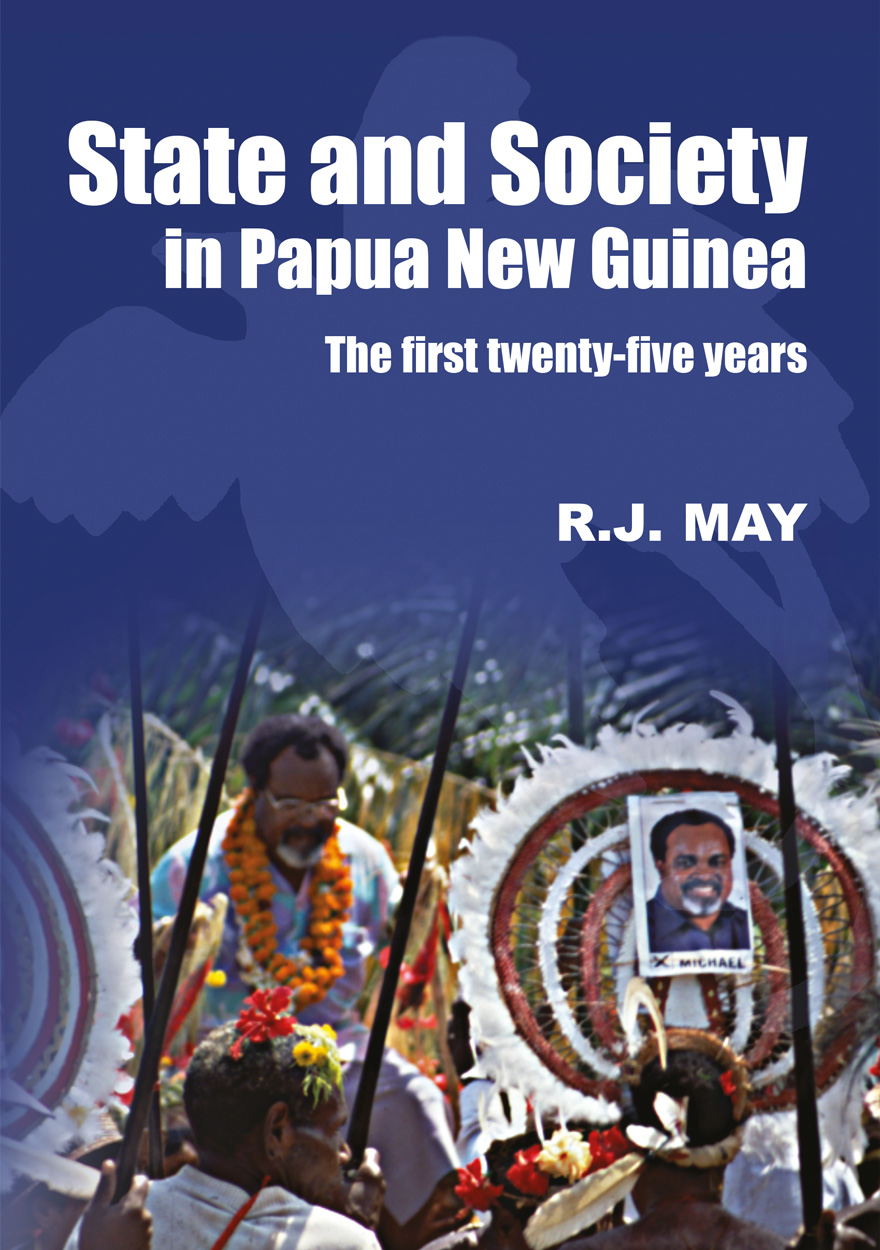Search titles
Displaying results 221 to 223 of 223.

The Spanish Lake »
Authored by: O.H.K. Spate
Publication date: November 2004
‘Strictly speaking, there was no such thing as “the Pacific” until in 1520-1 Fernao de Magalhãis, better known as Magellan, traversed the huge expanse of waters, which then received its name.’
With these opening words, Oskar Spate launches his account of the process by which the greatest blank on the map became a focus of global relations. The Spanish Lake describes the essentially European and American achievement of turning this emptiness into a nexus of economic and military power.
This work is a history of the Pacific, the ocean that became a theatre of power and conflict shaped by the politics of Europe and the economic background of Spanish America. There could only be a concept of ‘the Pacific’ once the limits and lineaments of the ocean were set and this was undeniably the work of Europeans. Fifty years after the Conquista, Nueva España and Peru were the bases from which the ocean was turned into virtually a Spanish lake.
Oskar Spate was born and educated in England where he completed a doctorate at the University of Cambridge in 1937 on the development of London. After the Second World War he combined lecturing in England with writing a regional geography of the Indian sub-continent.
In 1951 he took up the post of Foundation Professor of Geography in the Research School of Pacific Studies at The Australian National University, a position he held until 1967. From 1967 to 1972 he was Director of the Research School of Pacific Studies, ANU, and in 1972 moved to its Department of Pacific History.
Throughout his career, Oskar Spate published a wide diversity of papers and essays on such subjects as the geography of Europe, South Asia and Australia and the exploration of Australia and the Pacific. Upon his retirement in 1976, he devoted most of his energies to researching and writing his three-volume history The Pacific since Magellan.

State and Society in Papua New Guinea »
The First Twenty-Five Years
Authored by: R.J. May
Publication date: May 2004
On the eve of Papua New Guinea’s independence in 1975 there were many – both within the country and outside – who predicted political anarchy, with the possibility of an army coup or authoritarian single-party dominance, and economic collapse. Such fears appeared to have been justified when in 1975 both the North Solomons (Bougainville) and Papua unilaterally declared their independence. In fact, however, PNG achieved a smooth transition, and in its first decade as a new state enjoyed a high degree of political and economic progress. It remains one of the few post-colonial states that has maintained an unbroken record of democratic government.
Nevertheless, from around the mid-1980s a number of problems have become apparent, including: a decline in government capability; increasing problems of urban and rural lawlessness; poor economic management, with growing evidence of nepotism and corruption; environmental degradation associated with mining and logging, and increasing pressure on land; and, from 1988, a rebellion on Bougainville.
This volume brings together a number of papers written by the author between 1971 and 2001 which address issues of political and economic development and social change in Papua New Guinea.
Dr R.J. May is a senior fellow in the Department of Political and Social Change, Research School of Pacific and Asian Studies at The Australian National University. He was formerly a senior economist with the Reserve Bank of Australia and later foundation director of IASER in PNG (now the National Research Institute). In 1976 he was awarded the Independence Medal for his services to banking and research in PNG.

Out of the Ashes »
Destruction and Reconstruction of East Timor
Edited by: James J. Fox, Dionisio Babo Soares
Publication date: November 2003
Out of the Ashes is a collection of essays that examine the historical background to developments in East Timor and provide political analysis on the initial reconstruction stage in the country’s transition to independence. The volume is divided into three thematic sections – background, assessment and reconstruction – bringing together the experiences and knowledge of academic researchers and key participants in the extraordinary events of 1999 and 2000.
After years of Indonesian rule, the people of East Timor voted to reject an offer of autonomy choosing instead independence from Indonesia. This decision enraged pro-integrationist militia who, backed by the Indonesian military, launched a program of violence and destruction against the inhabitants of East Timor. President Habibie eventually agreed to the presence of a United Nations peace-keeping force, but by this stage East Timor had been ravaged by destruction.
The new East Timorese government faced the challenges of the future with an understanding that the successful struggle for independence was both a culmination and a starting point for the new nation. As the events of 1999 recede, many of the issues and challenges highlighted in Out of the Ashes remain of central significance to the future of East Timor. These essays provide essential reading for students and interested observers of the first new nation of the 21st century.



